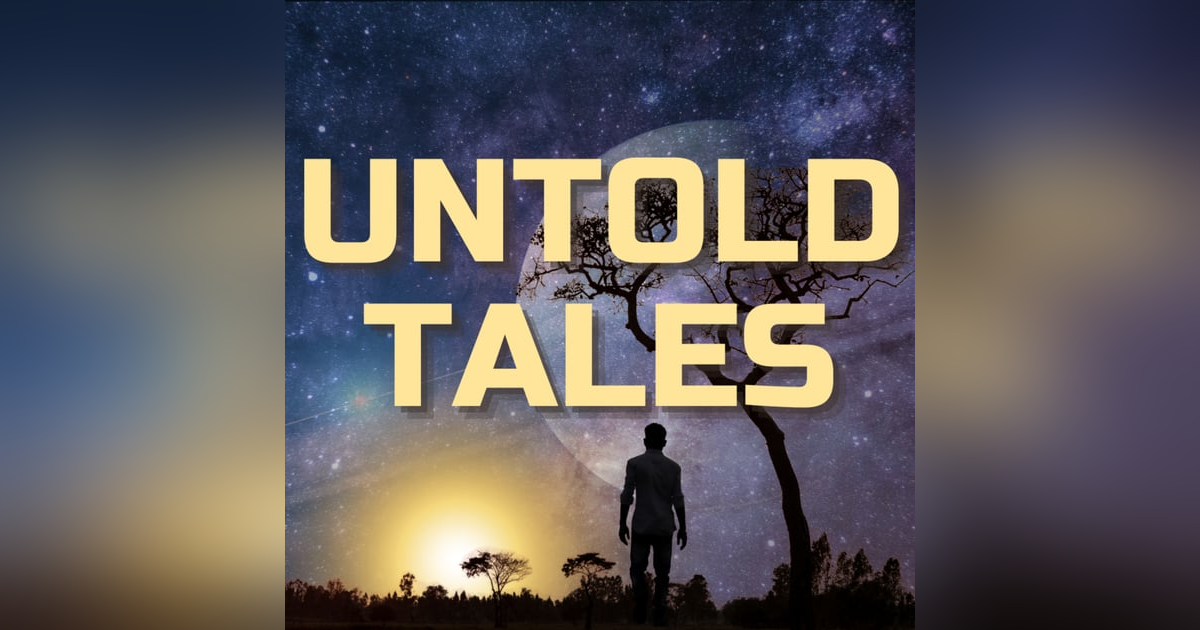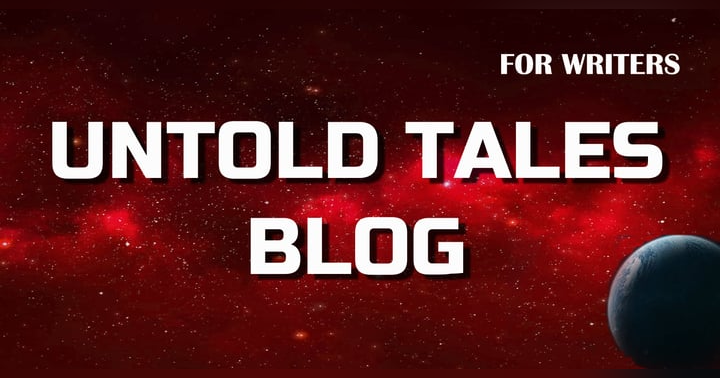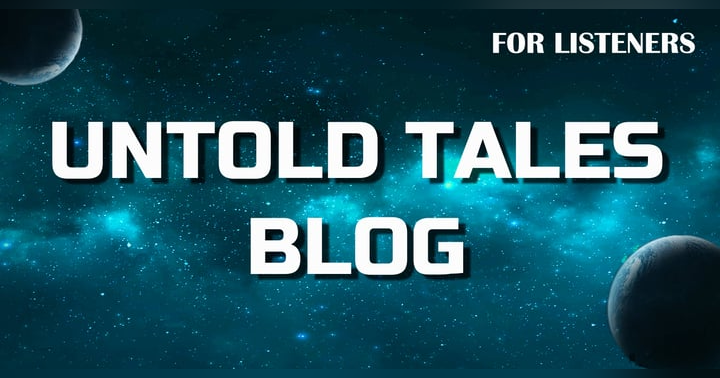SF Subgenres

For the uninitiated or for followers of different genres, such as Romance, Mystery, or Biographies, Science Fiction seems like its own distinct genre. However, those who read much Science Fiction soon realize that there are several categories of SF that become obvious.
These include sub-categories such as:
- Military SF
- SF horror
- SF romance
- SF humor
- Space Opera
- Young adult SF
- Hard SF
- and Soft SF
Over time, readers sometimes decide there are other categories that need to be added to this list, such as:
- Parallel universes
- Alternate histories
- Techno-thrillers
- Time travel
- And First contact stories.
Sadly, there is no definitive list of SF sub-genres. To make matters worse, the speculative nature of such fiction tends to bleed into Fantasy stories. Thus, the abbreviation SF is often interpreted to mean “Speculative Fiction” instead of “Science Fiction”.
As I said, the lines between these two genres bleed into one another, especially with some stories are literally science-fiction/Fantasy fusion and meld technology and magic together.
The following is an extensive list of story types that have been classified as sub-genres of science fiction or fantasy. (http://www.worldswithoutend.com/resources_sub-genres.asp) Most classifications are self-describing, but if you need clearer definitions, just Google the sub-genre for a list of books in that category.
I must confess that I have partaken of most of these categories below, though my favorites are Hard SF, Military SF, techno-thrillers, and Space Operas (which is belied by the many fantasy books that I own)
Please peruse the list below and figure out which categories you have indulged in. Then, drop me a line and tell me which one (or which ones) is (are) your favorite(s).
- Hard SF / Mundane SF / Near Future - real, believable science (I combined 3 here)
- Soft SF - taps softer sciences like psychology, sociology, etc.; less engineering focused, also soft on science (not always accurate)
- Group Mind / Mind SF - including telepathy, biolocation, shared memories, precognition, etc. (this one was difficult to find multiple mentions of, but definitely a subgenre in my mind) -- see also Metahumans
- Military SF / Space Wars - I combined two subgenres here
- Space Opera / Epic adventures
- Science Fantasy - Might as well be fantasy except for the laser pistols ;-)
- Time Travel – travel to the part (for paradoxes) or to the future
- Voyage Extraordinaire / Exploration -- "We never did find the Artifact of Xelon, but along the way we had fun and learned things."
- Retro-futurism - including Steampunk, Dieselpunk, Edisonade, Decopunk, 1950s throwbacks, re-imagining the world the way we used to imagine it, and related
- Apocalyptic / Post-Apocalyptic / Dystopian SF - I combined several here as they are similar
- Parallel worlds / Alternate history / Alternate Dimensions / Dreamworlds - again, I combined several here - Same world as our own except for one important change. Like your UT story Lucid Dreams. May include travel from this world to those, or simply take place in those worlds.
- SF Horror - including grotesque SF
- SF Comedy - including stories that use SF to deliver a joke / pun / feghoot
- Virtual Worlds / Mind Uploads - including post-cyberpunk, mind implants, mind uploads: anything where the people are hard to distinguish from the machines
- Cyberpunk / Post-cyberpunk - computer themed characters but the people are still real
- AI / Robots - including robots becoming self-aware
- Ecopunk / Climate Fiction (Cli-Fi), Solarpunk, Terraforming - anything where preserving or losing environmental sustainability plays a major role (I combined several here)
- Colonization - specifically, of other worlds
- Dying Earth - Related to (post-)apocalyptic and Ecopunk, but the disaster is still in progress
- First contact
- Galactic Empire
- Generation Ship
- Immortality / Ascension / Transhumanism - I combined several here
- Mythic SF - grand, generational story arcs and complex world building...like Dune
- Nanotech / Nanopunk - anything with little tiny devices inside us...possibly improving healing or giving characters special powers -- see Metahumans
- Pulp - Space Detective Biff and his cohorts, bits of shoot-em-up, good guy always wins, or simply disposable page-turners on rocket ships
- Theological / Christian / Religion-focused SF - Similar to Robert Forward's "Calculating God" or our "The Minds of God". Explores religious themes in the context of SF; may reasonably include stories that grind a hard axe on one particular viewpoint. :-/
- Uplift - Aliens giving humanity a techno-boost
- Utopian SF / Social SF - What the world would be like if different social rules applied and everyone followed them. May simply point out that Utopia isn't what it was cracked up to be...
- Weird SF - bordering on horror and extreme fantasy but not quite
- Alien Invasion
- Biopunk - including people editing their own genome. See also Metahumans.
- Ethnic or gender-focus SF - including black/African SF, feminist SF, gay SF, etc.
- Mathematical SF - Where math plays a big part. Distantly related to Religious SF in the sense that for centuries, people have been looking for patterns in the laws of nature and the universe to suggest evidence of a creator.
- New Wave SF - Fantastic imaginings of where our current world is headed, ambitious, artsy, and grand in scope. Harlan Ellison's Dangerous Visions or Brian W. Aldiss's Supertoys Last All Summer Long, for instance. May border/share with some other subgenres
- Metahumans / Human Development / Superhero SF - Such as Theodore Sturgeon's More Than Human and all that came after it. May include speculative evolution of non-human species as well
- Recursive SF - Similar to Inception or P. K. Dick's The Three Stigmata of Palmer Eldritch.
- SF Romance
- Tech Noir -Shadowy, gloomy, or otherwise dark-themed SF
- SF Western / Space Western - Different from Space Wars / Military SF. Focuses on the self-reliance and hardscrabble lifestyle, frontier justice, and other western themes. For instance, the Netflix series Jericho.
- Slipstream / Transrealism - imagining the world if one important thing that we all took for granted were taken away. Similar to alternate history but reexamined the current period of time, not history. For instance, The Handmaid's Tale, 1984, and other similar stories.
- Widescreen baroque - Larger-than-life themes, arcs, places, and characters









